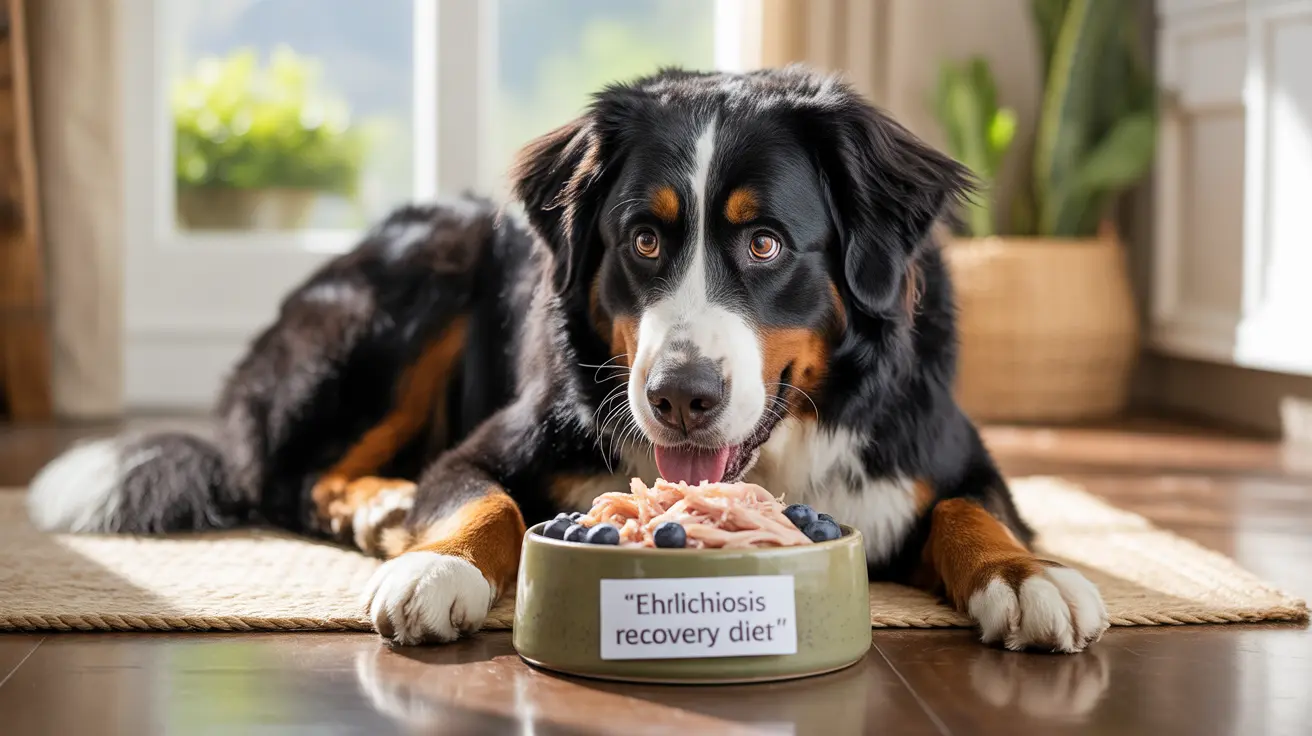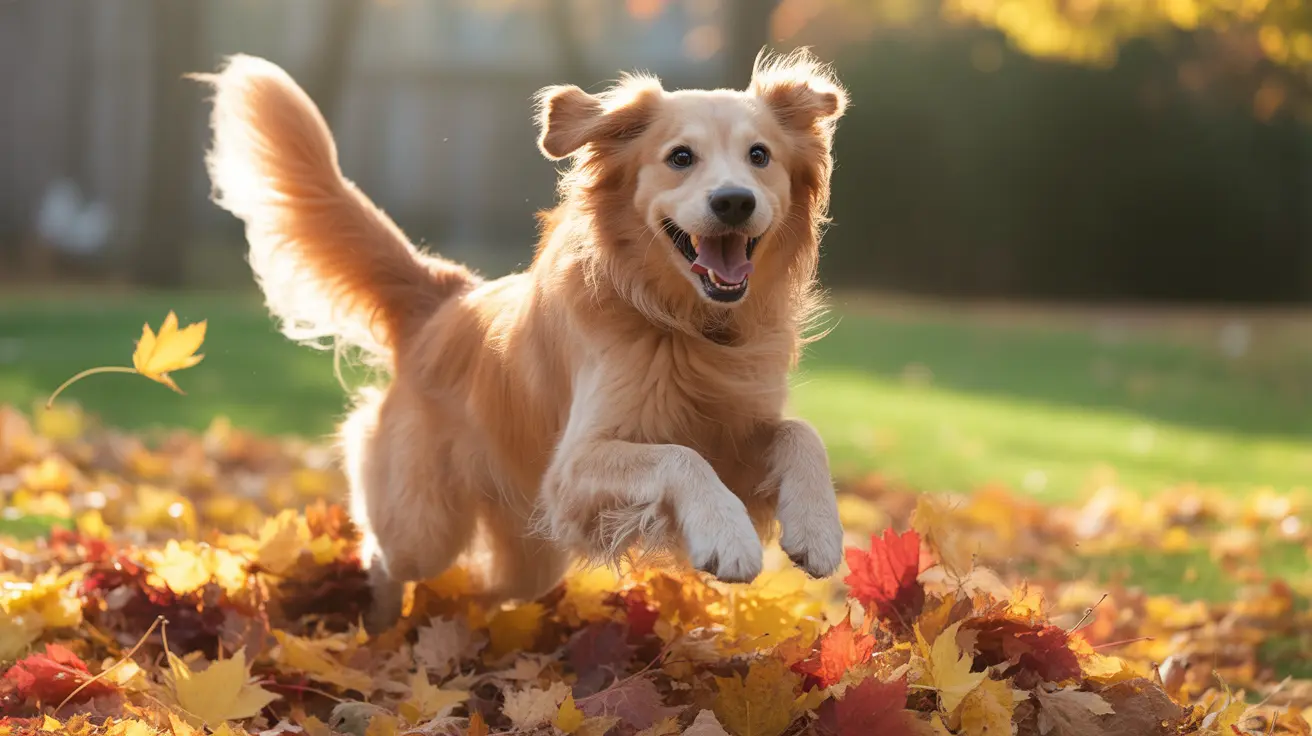When your dog is diagnosed with ehrlichiosis, proper nutrition becomes a crucial part of their recovery journey. This tick-borne disease can significantly impact your pet's health, making it essential to understand how the right foods can support their immune system and aid in healing during and after treatment.
In this comprehensive guide, we'll explore the most beneficial foods and dietary strategies for dogs battling ehrlichiosis, helping you make informed decisions about your pet's nutrition during this challenging time.
Understanding Nutritional Needs During Ehrlichiosis
Dogs with ehrlichiosis often experience decreased appetite, weight loss, and compromised immune function. A well-planned diet becomes essential to support their recovery and complement antibiotic treatment. The right nutrition can help maintain strength, boost immunity, and aid in tissue repair.
Essential Foods for Recovery
High-Quality Protein Sources
Lean proteins are crucial for dogs recovering from ehrlichiosis:
- Lean chicken or turkey
- Fish (salmon, sardines)
- Lean beef
- Eggs
These protein sources provide essential amino acids necessary for immune function and tissue repair.
Immune-Boosting Foods
Include these nutrients to strengthen your dog's immune system:
- Antioxidant-rich berries (blueberries, cranberries)
- Dark leafy greens
- Sweet potatoes
- Carrots
Gut-Healing Foods
Supporting digestive health is crucial, especially after antibiotic treatment:
- Plain, unsweetened yogurt
- Bone broth
- Pumpkin
- Fermented vegetables (in small amounts)
Supplemental Support
Consider these supplements under veterinary guidance:
- Probiotics specifically designed for dogs
- Omega-3 fatty acids from fish oil
- Vitamin C and E supplements
- B-complex vitamins
Hydration and Feeding Guidelines
Maintain proper hydration by:
- Ensuring fresh water is always available
- Adding moisture-rich foods to meals
- Using bone broth as a food topper
- Feeding smaller, more frequent meals if appetite is decreased
Foods to Avoid
During recovery, avoid:
- Processed commercial treats
- Foods high in artificial preservatives
- Excessive fats
- Known allergens specific to your dog
Frequently Asked Questions
What are the best foods to feed a dog diagnosed with ehrlichiosis to support their recovery?
The best foods include high-quality proteins like lean chicken, turkey, and fish, combined with immune-boosting vegetables and fruits. Include easily digestible options like bone broth and plain yogurt to support gut health during recovery.
How can diet help improve immune function and gut health in dogs with ehrlichiosis?
A balanced diet rich in antioxidants, probiotics, and essential nutrients helps strengthen the immune system and maintain gut health. Fresh, whole foods provide better nutrient absorption and support overall healing.
Are there specific supplements recommended for dogs recovering from ehrlichiosis after antibiotic treatment?
Probiotics are essential after antibiotic treatment to restore gut flora. Omega-3 fatty acids, vitamin C, and B-complex vitamins can also support recovery, but always consult your veterinarian before starting any supplement regimen.
Can feeding whole foods and reducing processed foods really impact a dog's healing from ehrlichiosis?
Yes, whole foods provide better nutrient bioavailability and fewer inflammatory ingredients than processed foods. This can support faster healing and strengthen the immune system during recovery.
How important is hydration and toxin reduction in managing a dog with ehrlichiosis?
Proper hydration is crucial for dogs with ehrlichiosis, as it helps flush toxins and supports organ function. Reducing exposure to environmental toxins and providing filtered water can help reduce stress on the immune system during recovery.
Conclusion
While proper nutrition is vital for dogs recovering from ehrlichiosis, remember that it should complement, not replace, prescribed medical treatment. Work closely with your veterinarian to develop a comprehensive care plan that includes both appropriate medication and optimal nutrition for your dog's specific needs.






